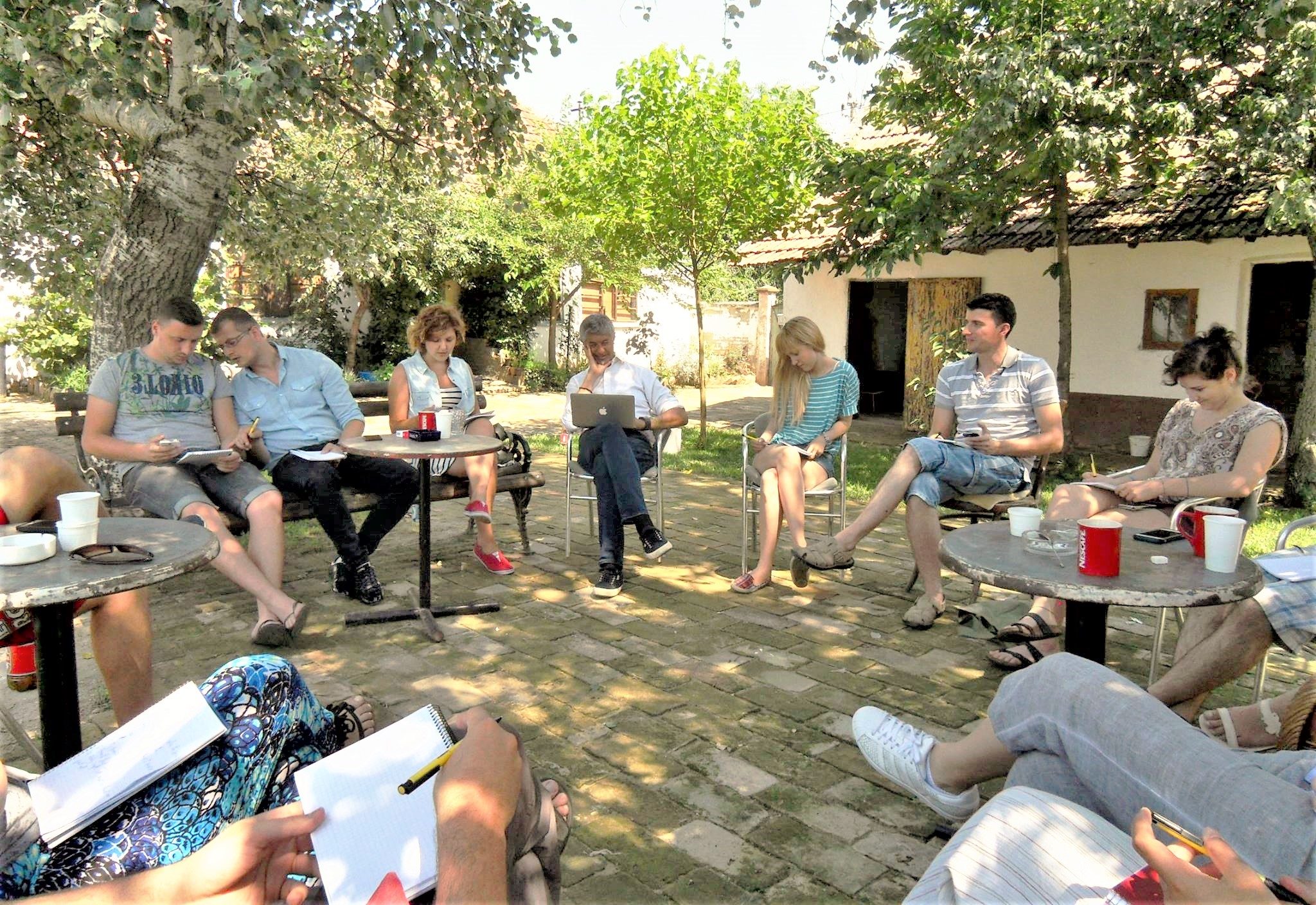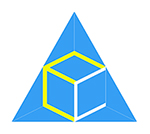Review on “You(th) can play for Europe – Sport Without Discrimination” Project

Erasmus+ Project 2016-2017
Organized by “Savez udruzenja gradjana za podsticanje zaposljavanja mladih Mladi Rade” the two-year Capacity Building project, starting from the coordination meeting through the seminar and workshop to the evaluation meeting, brought together a total of 126 people, namely 28 youth workers, 35 youth leaders, 35 human rights activists and 28 volunteers from Germany, Italy, Russia, Lithuania, Romania, Bulgaria, Bosnia and Herzegovina, Albania, Serbia and Macedonia, offered the participants the opportunity to discuss discrimination and social exclusion in relation to sexual orientation and LGBT people in sport. Methods used are group and individual work, plenary discussions, brainstorming, presentations, role plays, learning by doing, case studies, round tables and open space methods.
Sport teams are, like work teams, made up of people from different cultures, religions, genders, races, abilities, political perspectives and sexual orientations … It does not require every member of a team to agree with everyone else on the team about political points of view, sexual orientation, religion or anything else. It does not mean that every member of a team approves of how every other member of a team lives her or his life. The goal of inclusion and respect is that team members recognize and agree to work together respectfully across differences. These goals invite youth workers, youth leaders, human rights activists, people involved in sports and volunteers to build a winning team and nurture a team climate in which all members are valued for their contributions to the team and for their individual character and commitment, regardless of their individual identities or philosophies.
The main goals of the project were:
- Understand our own beliefs and feelings about LGBTphobia, and recognize and act upon the important leadership role you play as life learning individual
- Describe acceptable behavior, clarify disrespectful behaviors, and emphasize behaviors that show an inclusive environment of openness and respect
- Greater understanding and awareness of the effects of discrimination on young LGBT individuals and prejudices in schools, universities, clubs, etc. who have on them
- To present EU legislation, documents and actions in support of LGBT people in sport
- How to act quickly to respond to LGBTphobic language, jokes and actions that are ridiculed or used to members of the LGBT group, women or minority groups
- To educate staff, youth workers, youth leaders and volunteers about their responsibilities to respect and non-discrimination for all regardless of their own personal convictions, to avoid assumptions or judgments based on stereotypes or rumors
- Clarify the role of EU institutions, national institutions, non-profit / non-governmental organizations, sports clubs and individuals with support for LGBT people and young people.
